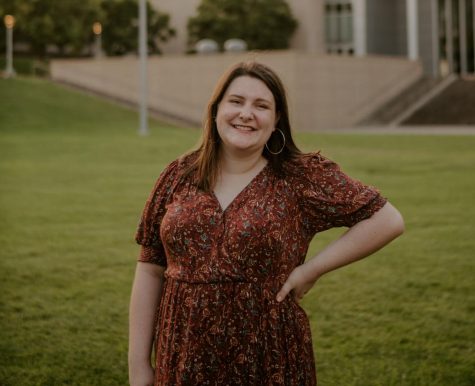Is social media really that bad?
We’ve all heard the same old story; everyone says that social media is bad for mental health and makes us over-compare ourselves to the people we follow.
While I certainly agree that many of us do find ourselves comparing ourselves to Instagram models, and some of us may even find ourselves in the traps of online criticism, we obviously find some sort of gratification in the likes, follows and retweets that keep us coming back for more.
I’ll admit, the grips of Instagram, Twitter and even Facebook are a huge part of my life. As a teenager, it’s hard to stay away from social media, especially when it seems like everyone around you is always online.
I see lots of rhetoric surrounding the terrible mental health that comes as a result of spending too much time in front of a screen. It is admittedly addicting, but I began to wonder exactly why we find so much joy in social media.
According to a 2019 Harvard study, receiving likes on social media triggers a rush of dopamine, which is the feel-good neurotransmitter, similar to the ones we get when eating a favorite food, exercising, doing drugs or experiencing love from a family member, friend or significant other.
The physiological response that we have shows the genuine reason that we become so infatuated with the random but instant gratification that we get when we post on social media. There is obviously a negative impact if we spend too much time online, but our generation really sees some unique benefits to online relationships that may have never been seen before.
The communication that social media is able to foster keeps us connected with our close friends, distant relatives and even our favorite celebrities. Many of us are even able to make connections with people all around the globe.
Personally, I’ve been able to keep up with a handful of friends that I knew when I lived in Ohio in elementary school. The days of letter writing and wall-phone conversations may be over, but we manage to connect with people instantly from thousands of miles away.
We’re also heavily exposed to more culture than we previously would have been. By seeing influencers of different genders, races, body types and sexualities, young people are able to find role models that are similar to them. Thanks to social media, society has become not only more tolerant of peoples’ differences, but more accepting.
Keeping up with news, politics and our friends and families is another unexpected but incredibly positive result of our social media “addiction.” When used in moderation, social media really isn’t that bad.

Meet Hunter Finerty, Editor in Chief. This is Hunter’s senior year, as well as her third year on staff. She has previously worked on the Green Pride...


